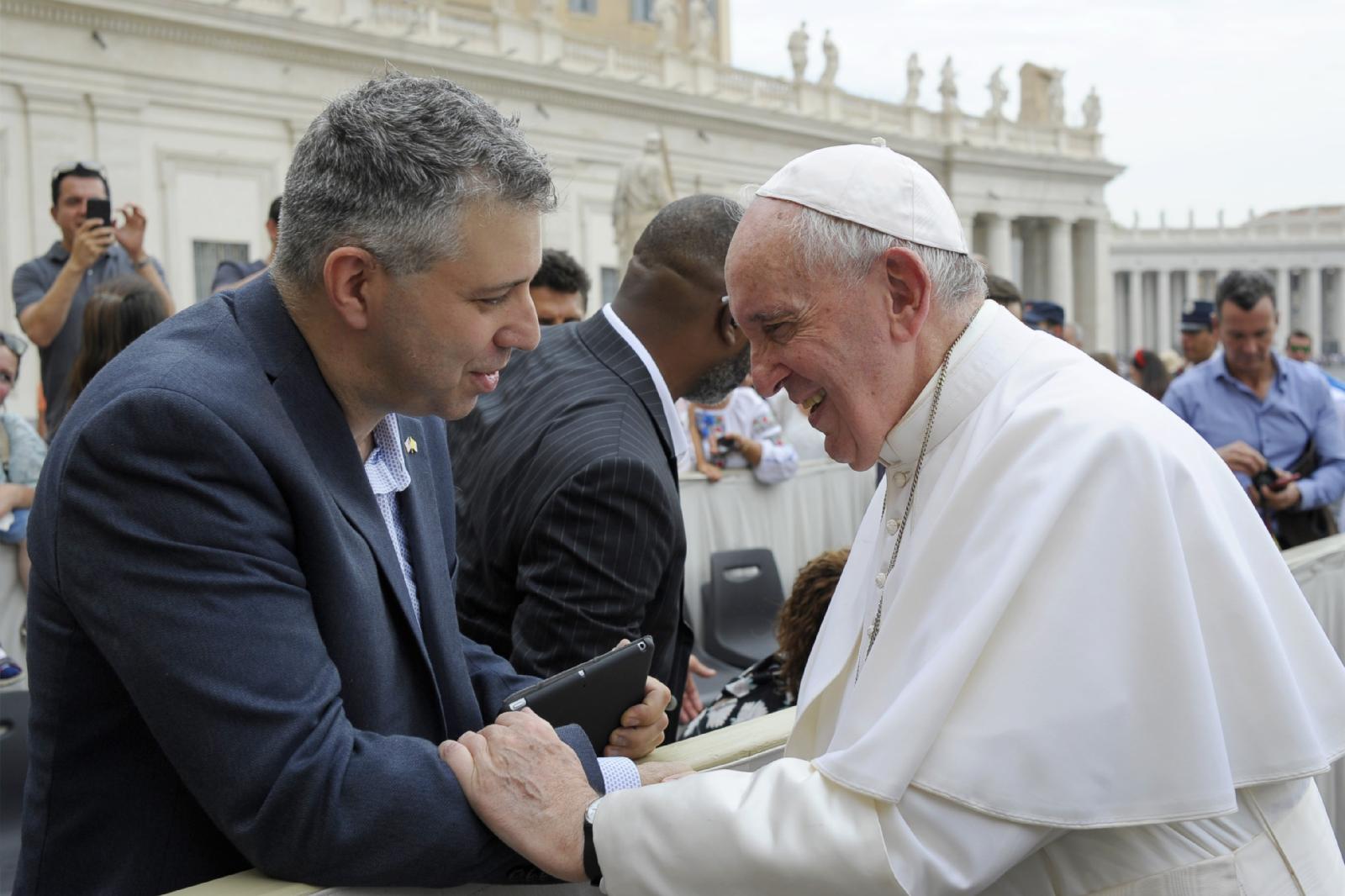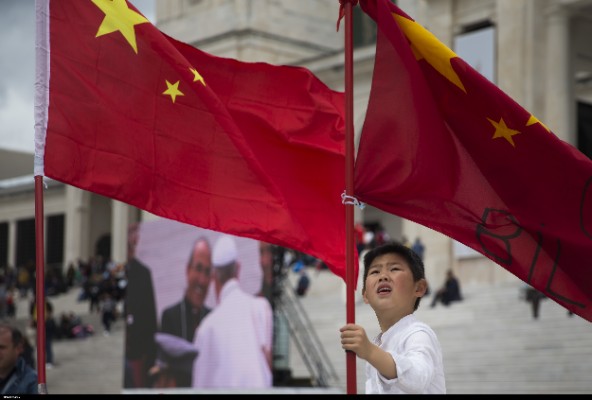The Holy See and China have renewed their deal over the appointment of bishops for a further two years.
In a statement, the Vatican explained that “both parties agreed to extend the experimental implementation phase of the Provisional Agreement” which was signed in Beijing and came into effect on 22 October 2018. The deal was renewed by exchanging note verbale (verbal notes), an unsigned form of diplomatic correspondence.
The new agreement comes after Pope Francis came under heavy pressure not to renew the deal including from President Donald Trump’s administration. In an unprecedented intervention, Mike Pompeo, the United States’ Secretary of State, urged the Vatican to cancel the Beijing accord in an article in First Things, a publication that has been consistently hostile to the Francis papacy.
The precise details of the agreement signed by Beijing and the Holy See remain unpublished but it is widely believed to allow the ruling Chinese Communist Party to draw up a shortlist of potential bishops, but give the Pope the final say in appointing them.
An unsigned article in L’Osservatore Romano, the Vatican newspaper, explained that the purpose of the deal is to aid the “proclamation of the Gospel” and ensure that bishops are in communion with the Pope.
For decades, the Church in China has been divided between a State-sanctioned arm, and an underground one loyal to Rome. State-approved bishops were ordained without the Holy See’s consent, while Beijing controlled Catholics through a divide and rule strategy. Without the deal, the Holy See faced the prospect of having very few - if any - bishops in communion with Rome in the coming years. Such a scenario would leave the Church in China controlled by Beijing.
Since the signing of the deal in 2018, however, all Chinese bishops are in communion with the Holy See, with Francis continuing the approach set out by Benedict XVI in a 2007 letter. In that document, the retired Pope stressed a “one Church” approach and withdrew the special permission for the underground Catholic communities to operate secretly.
In their 22 October article, the Vatican explained that since 2018 two members of the Chinese hierarchy had been appointed under the new arrangement, including Bishops Antonio Yao Shun, of Jining, in inner Mongolia, and Stefano Xu Hongwei of Hanzhong, Shaanxi province. The article added that more appointments were in the pipeline.
But the Vatican also stressed it was aware of the difficulties facing Catholics in China, saying there are “many situations causing serious suffering.” The Holy See, it added, “does not fail to draw them to the attention of the Chinese government so that religious freedom might be truly exercised” but said there “is still a long and difficult road ahead.”
The remarks are significant as Francis has faced criticism for remaining silent on the plight of the Uighur Muslims in China, and the pro-democracy protests in Hong Kong.
Although the Vatican’s deal with China has been criticised by Cardinal Joseph Zen, the retired former Bishop of Hong Kong, there are voices on the ground in mainland China who have welcomed the agreement.
“Everyone has seen the visible results regarding the bishops in China: no more illicit and underground ordinations,” Fr Paul Han SVD, a priest working at a seminary in Hebei province, explained last month .
Fr Kevin O’Neill, a Columban missionary who has spent many years in China, told The Tablet the situation before the 2018 agreement had caused confusion and difficulty for Catholics.
“The Government was pushing forward for bishops who weren’t approved by the Pope - that created a lot of confusion,” he said. “Bishops were under pressure to attend these ordinations, and detained in hotels if they didn’t want to attend them.”
He added: “That pressure is no longer there… Pope Francis isn’t going to be taking decisions which are detrimental to the Catholics in China. I don’t see any Pope doing that.”
China broke off relations in 1951, and since then various Popes have made efforts to re-establish ties. On 14 February 2020, in Munich, Archbishop Gallagher met Chinese Foreign Minister Wang Yi, the highest level meeting between representatives of the Vatican and Beijing since 1949. However, their first meeting had taken place unofficially at the United Nations headquarters in 2019.
The Vatican explained that during those meetings both sides expressed a desire to pursue “dialogue at the institutional level” time at “fostering the life of the Catholic Church and the good of the Chinese people”. It was also hoped that “increased international cooperation would promote civil co-existence and peace in the world and they exchanged considerations regarding intercultural dialogue and human rights.”
By signing the deal, the Holy See has indicated it is forging an independent path on relations with China, even if it means clashing with the White House.



 Loading ...
Loading ...